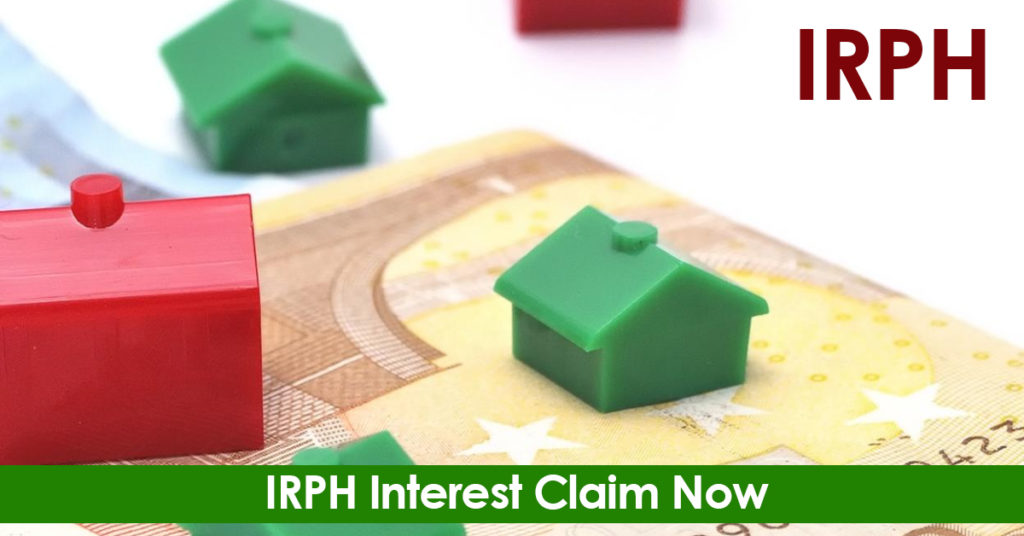As we have been warning, on the 3rd of March 2.020, we have been able to know the content of the final court decision of the Superior Court of Justice of the European Union ( ECJ ) regarding the Mortgage Loan Interest Index IRPH; as a reference for the interest rate on mortgage loans signed between professionals and consumers.
The judgement structure allows us to point out some relevant aspects that we must take into account before presenting a claim to try to recover part of the money paid to the bank as interest in this IRPH cases.
First, the Spanish courts asked the European Court if the effects of European directive 93/13 for consumer protection are applicable in the case of IRPH, as it is an official index published in the official Spanish bulletins. And the answer has been affirmative, so it must be checked if it is a transparent clause.
Second, the Court has analysed the importance of the consumers being fully aware of the consequences of the IRPH clauses. The court understands that the Spanish courts are obliged to analyse whether the consumer obtained enough information to understand and evaluate with all guarantees the conditions of the loan, being essential to check if the banks informed the client of the evolution of IRPH compared to other indices, like Euribor, etc..
Finally, it is worth highlighting the court’s interpretation of the effects that a possible nullity of the IRPH clause must have. In this sense, the court understands that it is the Spanish courts that must decide whether, being an essential element of the contract, the nullity of the IRPH clause would allow the contract to continue existing or could mean the full nullity of the contract.
In the event that the Spanish courts understand that the loan agreement can continue to exist if the IRPH clause is declared null and void, we would be in a scenario in which consumers could claim all the interest paid up to date. We understand that a mortgage loan contract without interest is totally possible, so the nullity of the IRPH clause does not imply the nullity of the whole contract, and that all the interest paid should be paid back.
Otherwise, if the courts understand that the contract could not continue to exist, as the complete nullity of the contract would imply very harmful effects for the consumer, the Spanish judges have the power to set a substitute interest rate, which we understand should be the one set as a substitute in the mortgage loan deed itself, normally the EURIBOR.
In summary, the ECJ has declared that the Spanish courts must make sure that the IRPH clause was included with all the necessary information, and otherwise, urges the Spanish judges to declare it null and void; or exchange it for another interest rate, which would mean significant refunds of money.
All cases require and specialised legal study and advice, so if your mortgage is referenced to IRPH, contact us and we will inform you of the steps to be followed, claim without risk and without costs, as we offer a no win no fees policy.
The information provided in this article is not intended to be legal advice, but merely conveys general information related to legal issues.
Carlos Baos (Lawyer)
White & Baos
Tel: +34 966 426 185
E-mail: info@white-baos.com
White & Baos 2020- All Rights Reserved.
